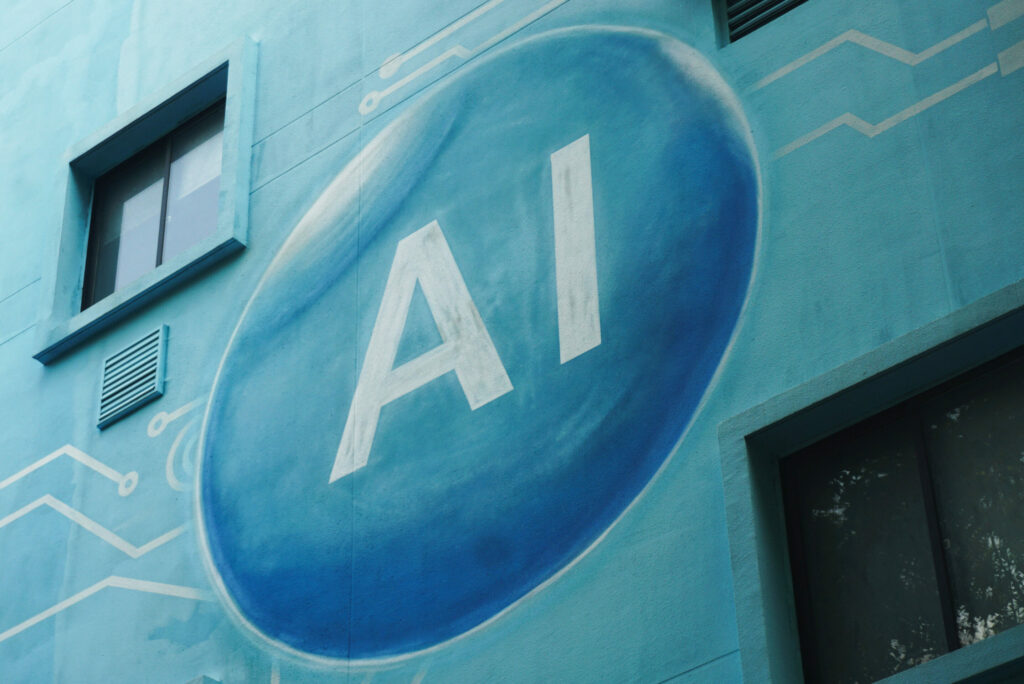Workers from Belgium's region of Flanders generally hold a positive view of using artificial intelligence (AI) in the workplace.
According to a study by the UGent@Work consortium, 65% of employees are satisfied with AI tools, and 34% believe their jobs have become more interesting due to AI. Only 4% fear that AI will eliminate more than half of their tasks.
The research highlights that AI, including tools like ChatGPT, is rapidly changing the nature of jobs, work processes, and required skills.
Even tasks once considered uniquely human, such as analysis, decision-making, and creative work, are now supported or partially taken over by AI. The study surveyed a representative sample of one thousand employees aged 18 to 64.
More than half (55%) of the respondents do not use AI at work, while only 6% use it daily. Men, younger people, and those with higher education (each over 50%) use AI more than women, older workers (less than 40%), and those with lower education (less than 30%). Only 13% have attended AI training, and employees rate their AI skills at an average of 4.9 out of 10.
Confidence in AI is significant, with 38% trusting the information AI provides. One in five (21%) find brainstorming with AI more productive than with colleagues.
AI is also seen as a productivity booster, with 68% estimating they work faster and 58% believing it improves work quality. While the impact on well-being is smaller but still positive, 34% find their work more enjoyable with AI, 20% experience less stress, and 14% report more stress.
However, there is some concern, as 37% fear AI tools will be used to monitor employees more closely. Only a very small minority (4%) view their jobs as threatened by AI.
ChatGPT is the most used AI tool at work (60%), followed by Microsoft’s Copilot (32%). AI is mainly used for translating texts (33%), searching for specific information (29%), and writing emails (25%).
According to a report published Thursday by the International Energy Agency (IEA), electricity consumption by data centres, driven by artificial intelligence, is set to more than double by 2030. This high demand poses a challenge for energy security and increasing CO2 emissions.

